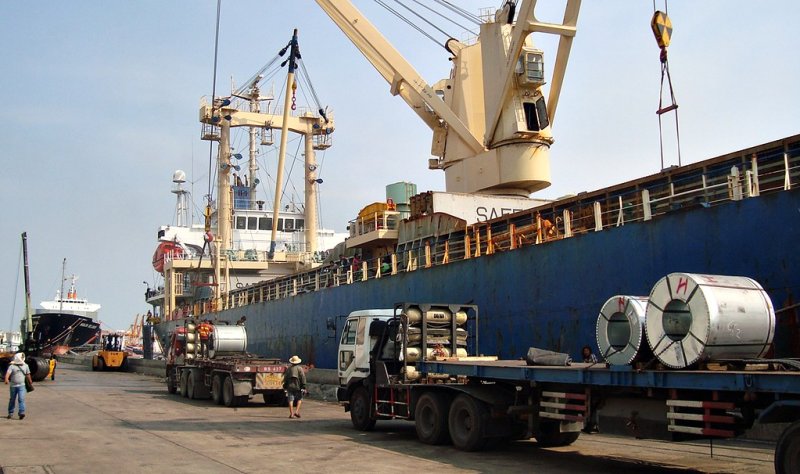- Negotiations

The Japanese and Thai governments started exploring a possible bilateral FTA in 2001-2002, but official negotiations didn’t start until February 2004. They concluded their talks in April 2007 and the Japan-Thailand Economic Partnership Agreement (JTEPA) came into force on 1 November 2007.
The FTA is comprehensive, covering trade in goods and services, investment, intellectual property rights, agriculture, competition policy, etc.
It was strongly opposed by social movements both in Thailand and Japan. Thai groups mobilised against the FTA’s provisions on patenting life forms, toxic wastes and investment. One special concern was that the Japanese would take advantage of the deal not to ship Thai healthworkers to Japan (as under Japan’s FTAs with the Philippines and Indonesia) but to operate an exclusive health facility in Thailand, for Japanese people, who would be flown in to avail of the best medical personnel Thailand has to offer — who would then be unavailable to treat poorer Thai citizens. A major row also erupted around the legalities of Thailand’s interim military regime pushing through the ratification and entry into force of the deal during their hold on the country after the September 2006 coup. Japanese groups mobilised particularly on the potential of the deal to increase Japan’s exports of toxic waste to Thailand.
last update: May 2012
Photo: Paul the Seeker / CC BY 2.0
4-May-2005
MCOT
The head of the government’s Thai-Japanese free trade area (FTA) negotiating team yesterday expressed confidence that Thailand and Japan would come to a conclusion on a free trade deal by July, but said that Thailand’s stance on the issue remained confidential.
28-Apr-2005
The proposed Thai-Japanese free trade agreement should be carefully considered so as not to disadvantage other trading partners, European Union Trade Commissioner Peter Mandelson told Thailand yesterday.
26-Apr-2005
Thai textile and garment producers say they will lose opportunities to sell to Japan if conditions requested by Tokyo are incorporated into a free trade area (FTA) agreement now being negotiated.
26-Apr-2005
Asahi Shumbun
The Thailand-Japan free trade agreement will be counterproductive in Japan’s trade negotiations with other countries in the days ahead.
9-Apr-2005
Kyodo
US and European carmakers recently demanded the Thai government exclude the automobile sector from free trade negotiations with Japan and warned that they may abandon investment in Thailand if import tariffs on Japanese luxury cars are lifted, local media reported Friday.
6-Apr-2005
Thailand’s private sector has warned the government that several of the country’s industries are too weak to cope with the impact of a free trade agreement with Japan.
5-Apr-2005
Free-trade negotiations between Thailand and Japan could collapse if Japanese negotiators continue to lobby Thai politicians instead of dealing with the country’s trade negotiators, business executives warn.
5-Apr-2005
Removing protection of hot-rolled steel under the Thai-Japan free trade area (FTA) agreement will create unfair treatment between local steel manufacturers and automotive makers, according to steel manufacturers.
3-Apr-2005
Thailand and Japan should establish a bilateral commission to examine steel quality standards and product requirements of the domestic auto industry, according to Finance Minister Somkid Jatusripitak.
31-Mar-2005
Japan Times
Japan and Thailand have struck a basic deal on the contentious farm products segment of trade talks, Japanese government sources said Wednesday. The deal is a major step toward striking a bilateral free-trade agreement as early as next month.





